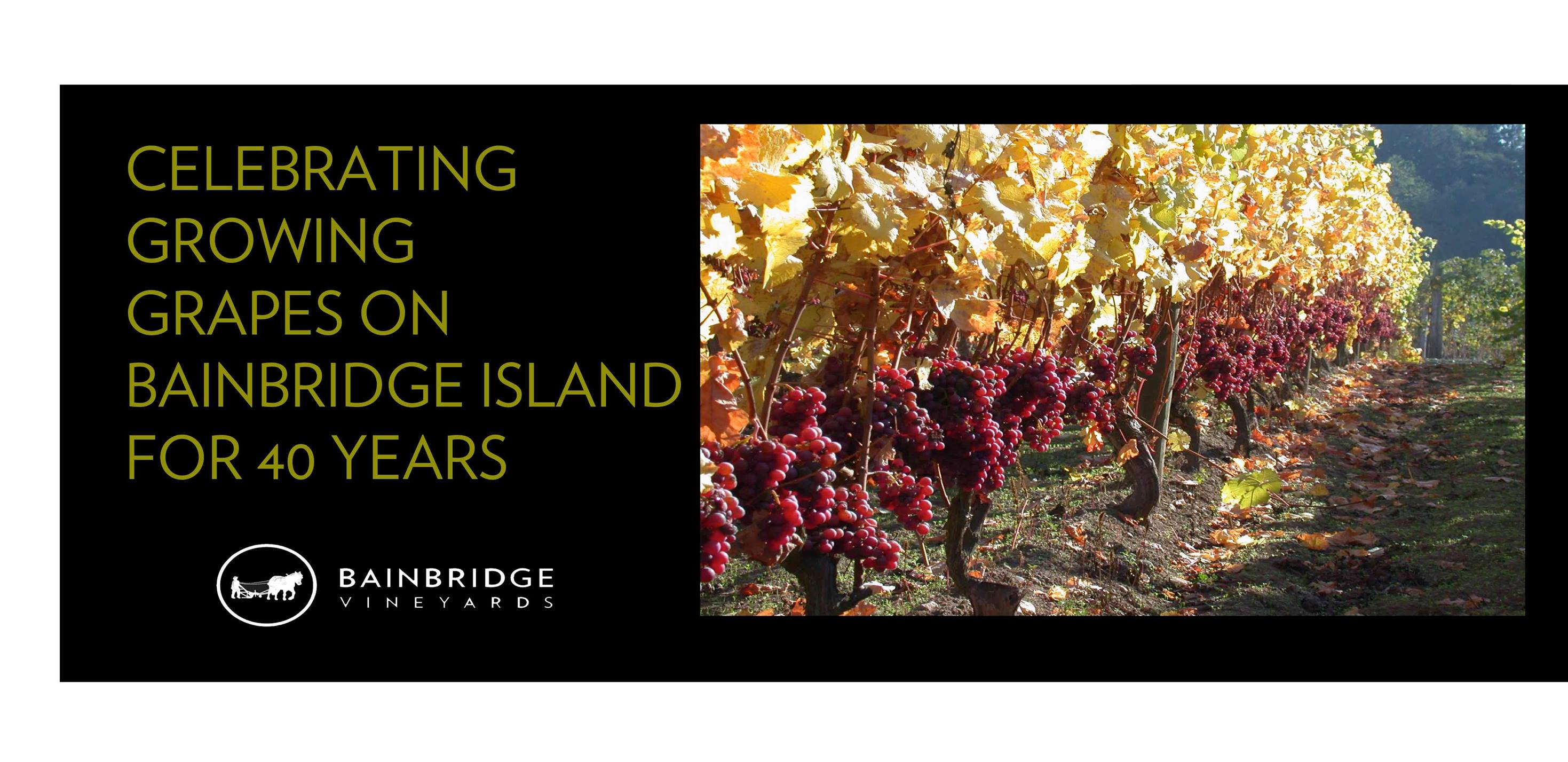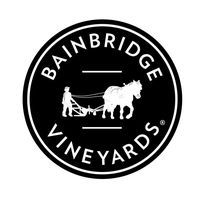
© 2026 Made for Planet • Privacy Policy • Terms & Conditions
Platform by Mission Sustainability
All categories Organic food Bainbridge Vineyards


Bainbridge Island, Washington, United States
Add a review
Bainbridge Vineyards, nestled on Bainbridge Island, Washington, is dedicated to producing exceptional organic wines through sustainable viticulture. The vineyard, founded in 1977, has been a pioneer in cultivating grape varieties suited to the region's cool maritime climate, such as Madeleine Angevine, Siegerrebe, and Pinot Noir. Committed to environmental stewardship, the vineyard uses organic farming methods to maintain soil health and protect local ecosystems. In addition to its organic practices, Bainbridge Vineyards emphasizes community engagement and local partnerships. They host events, wine tastings, and educational tours that showcase the vineyard's sustainable approach and the art of winemaking. With a focus on small-batch, estate-grown wines, Bainbridge Vineyards offers a unique experience for wine enthusiasts, celebrating the diverse flavors and characteristics of the Puget Sound region. Their dedication to sustainability, craftsmanship, and community sets them apart as a leader in eco-conscious winemaking.
Stephanie Von Tacky
Co-Owner
Operating since 1977
Eco-system
Cities and Towns
Villages
Agricultural Lands
Sectors
Habitat and Biodiversity
Health and Wellness
Natural products
Method and technique
Bainbridge Vineyards is certified organic, meaning they avoid synthetic pesticides, herbicides, and fertilizers. They use natural alternatives to manage pests and maintain soil fertility, preserving the health of the vineyard’s ecosystem. The vineyard grows rare grape varieties that are well-suited to the cool maritime climate of the Puget Sound region. They use terroir-specific cultivation methods to enhance the grapes' natural flavors, ensuring that their wines reflect the unique characteristics of the land. They implement water conservation techniques, such as drip irrigation, to minimize water usage and prevent waste. This helps to reduce their environmental footprint and maintain water sustainability on the vineyard. Bainbridge Vineyards hand-harvests their grapes to ensure minimal impact on the vines and the surrounding environment. This technique also allows for the careful selection of grapes, enhancing the quality of the wine. The fermentation process is driven by naturally occurring yeasts, reducing the need for chemical additives. This approach creates wines that are true to their origins and more environmentally friendly. The vineyard maintains biodiversity by promoting the growth of cover crops between vines, which enriches the soil and supports local wildlife.
Support concious people make more insightful choices
Found any error in information about this organisation?
Are you owner of Bainbridge Vineyards ?
Similar companies

BrightFarms
New York, New York, United States
BrightFarms specializes in indoor hydroponic farming, delivering fresh, locally grown leafy greens with minimal environmental impact. Using advanced greenhouse technology, they reduce water, land, and fuel usage while ensuring nutritious produce reaches consumers within 24 hours, promoting sustainability and healthier eating habits.

H!P Chocolate
London, United Kingdom
H!P Chocolate redefines plant-based indulgence with rich flavors and ethical sourcing. Using creamy oat milk and sustainable cocoa, each bar promises deliciousness without compromise for a happier planet.

Gung Hoe Growers
Harcourt, Victoria, Australia
A community-focused organic farm growing seasonal vegetables through regenerative methods, supporting soil health, biodiversity, and resilient local food systems.

Everflux Technologies
Oakland, California, United States
Everflux Technologies specializes in regenerative agricultural solutions, offering products like Bioflux, a liquid biotic fertilizer, and BiofluxChar, biochar inoculated with Bioflux. Their innovations enhance soil fertility, promote plant growth, and restore depleted soils, benefiting sustainable farming practices.